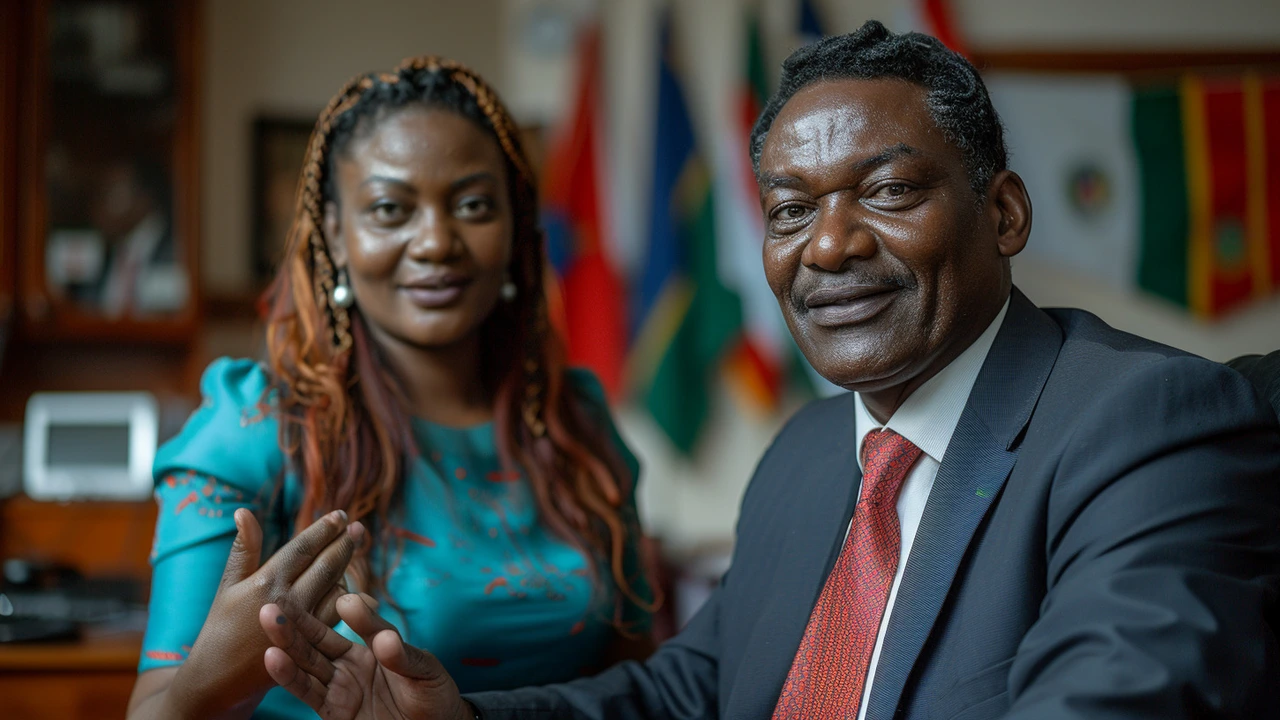President William Ruto is in the spotlight, not just in Kenyan politics, but also in the country’s approach to conservation and game farm management. He’s making waves with bold tax reforms and economic policies that could reshape how tourism and wildlife-related businesses operate. Game farm owners, conservationists, and investors are watching his every move, wondering how these changes will affect their day-to-day work and long-term plans.
One of the hot topics on everyone’s mind right now is the Finance Bill 2025. The changes proposed in this bill go beyond just numbers on paper. We’re talking about limits on tax loss carry-forward, new digital taxes, and incentives for startups and big investors, especially those looking to expand in Nairobi’s International Financial Centre. With new VAT reliefs for sectors like agriculture and manufacturing, the hope is to attract more foreign investment and boost the local economy. But there’s curiosity (and anxiety) among farmers—will these changes make game farming more profitable, or just pile on new regulations and paperwork?
Eco-tourism is another big part of Ruto’s agenda. Kenya’s game farms and wildlife sanctuaries are famous globally, drawing visitors who want a taste of Africa’s wild side. President Ruto’s policies seem to encourage this sector, but sometimes change brings uncertainty. For example, the digital economy tax aims to target online booking platforms and services, including those used by safari operators and lodges on game farms. Some business owners love the idea of a more competitive, investor-friendly market; others wonder if added costs will push them out.
The conservation community is keeping a close eye on Ruto’s support for game farms as a way of preserving biodiversity. His administration has talked about backing local innovation and forming private-public partnerships. But it’s not just about grand plans—people on the ground want to see clear actions. Are endangered species getting better protection? Are communities living near game farms truly benefiting, or are only big investors cashing in?
Then there’s the global side of things. Kenya’s position as a gateway to East Africa means decisions made in Nairobi can ripple across borders. Foreign investors, safari operators, and even small farm owners in remote areas feel the effects of Ruto’s speeches and policy rollouts. When the government promises easier access for investors or streamlined paperwork, people ask: when will it show up in practice?
If you want to track what President Ruto is planning next—especially if it could shake up Kenya’s game farms, conservation sector, or wider economic environment—this is the spot. We pull together the latest news, breaking down how each policy could hit your bottom line, shape wildlife initiatives, or set the tone for eco-tourism across Africa. Stay tuned for daily updates, practical breakdowns, and real-world analysis that cuts through the noise.

Youla Nzale, a sign language interpreter for Citizen TV, has gained admiration from Kenyans, especially the deaf community, for her passionate and energetic interpretation during President William Ruto's interview. Nzale's expressive delivery made the conversation accessible, highlighting key issues such as unemployment, tax, and corruption.
Read More >>